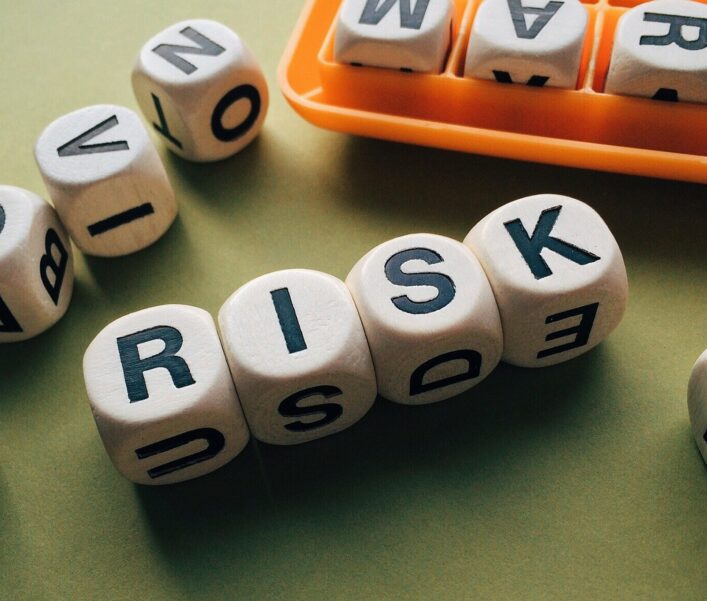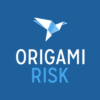Risk managers have an unrivalled opportunity to prove their worth – including challenging
boards of directors, making better use of analytics and building more resilience into their
companies’ cultures – as organisations grapple with significant post-pandemic challenges,
according to leading risk professionals at Commercial Risk Europe’s latest event.
The experts were speaking at our Risk Frontiers event in Antwerp, sponsored by AIG, Aon,
Chubb, CMS and Howden.
Supported by the Belgian and Dutch risk management associations Belrim and Narim, it is
the first in-person event held by Commercial Risk Europe since February 2020 when the
pandemic struck. Attendees heard from risk managers on the lessons learned during the last
18 months of crisis management and the opportunities they face in a post-pandemic world.
While companies need to change their approach to risk so it is based more on resilience
than recovery and goes beyond traditional risk transfer strategies, risk managers are still
best placed to oversee this change process, as opposed to an entirely new job role, the
experts said.
“The Covid crisis has brought an opportunity for risk managers to bring our added value to
light,” said Nathalie Vandenbroucke, compliance, risk and insurance officer at civil
engineering firm Eiffage Benelux. “We are the link between the board and the business.”
Risk managers are also able to bring more diverse thought to boardroom decision-making
and help avoid the “group think” that can affect executive action, said Vandenbroucke.
The pandemic has shown that many boards are not doing enough to manage risk, said
Sandra Gobert, executive director at Guberna, Belgium’s institute of directors. “There is a
tendency among boards to take a statistical approach to risk that focuses on business as
usual and preserving the status quo,” said Gobert. “There is a responsibility on risk
managers to get resilience on the boardroom agenda.”
Risk managers may also find they have a more receptive audience within the boardroom,
suggested Gaëtan Lefèvre, president of Belgium’s risk and insurance managers’ association
Belrim.
“The risk manager has a specific role and a traditional position within the company. But
maybe after two years of a pandemic, the risk manager will be listened to more. In the past,
boards have not liked hearing about risk but this has changed,” said Lefèvre, who is also
head of ethics, risk and insurance management at Belgian mechanical engineering firm John
Cockerill.
Sustainability is the other critical challenge facing companies. The recent COP26
international climate conference highlighted how important ESG issues are across the
corporate and political world.
According to Carl Leeman, chief risk officer at Belgian logistics firm Katoen Natie and Belrim
vice-president, sustainability challenges are another opportunity for risk managers.
“It is a duty and not a role for risk managers to assist boards with sustainability,” he said.
“ESG is already embracing a lot of disciplines that we [risk managers] have taken on.”
As companies face more disclosure requirements about the sustainability of their own
processes, they will also be expected to hold their counterparties to account. This could
cause supply chain disruption, something that risk managers were well aware even before
the pandemic hit, said Leeman.
He also said greater use of captives can help companies invest in more green technology,
such as windfarms, and ensure more sustainable asset allocation with any surplus cash. But
perhaps the most important role for risk managers in their companies’ sustainability efforts
is helping them to set realistic ESG targets, be that a reduction in emissions or setting
diversity goals, said Leeman.
“The main role of a risk manager is to inform,” he said. “Risk managers can help to make
sure the targets are realistic and not just a PR exercise,” he added.








